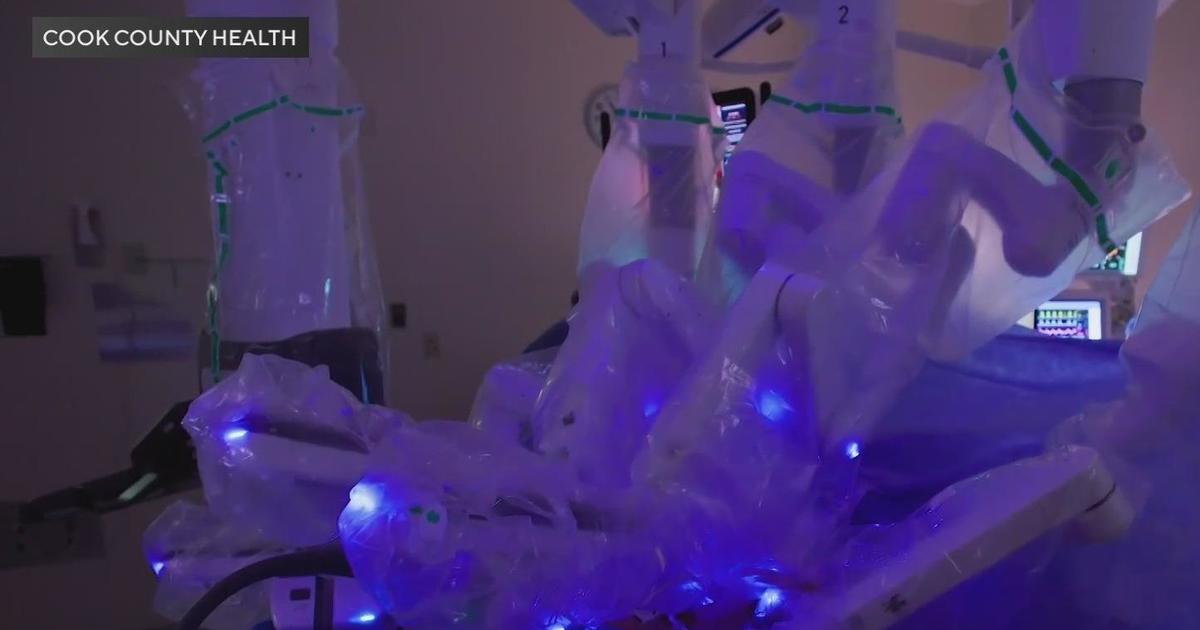
From Delirium to Recovery: Understanding the Link Between Alcoholism and Mental Disorders
A man in his 40s was rushed to the hospital with severe delirium, hallucinations and seizures. It was later diagnosed that he suffered from a mental disorder as a result of his alcohol addiction. The patient’s family revealed that he had been an alcoholic for over a decade and had often neglected his food and sleep in favor of alcohol. Despite being hospitalized twice before for mental health issues, he continued to drink heavily, leading to a deterioration in his health and mood.
Dr. Trinh Thi Viet Ha, the Deputy Head of the Department of Psychiatry and Neurology at Lang Son Provincial General Hospital, confirmed the patient’s diagnosis of a mental disorder caused by alcohol abuse. She shared that the hospital had seen nearly 100 cases of similar mental disorders in the first three months of the year, caused by long-term alcohol abuse. Symptoms included delirium, irritability, and difficulty controlling emotions.
Alcohol is a significant contributor to various health problems globally, with the World Health Organization ranking it as the third leading cause of premature death and disability. Alcohol affects all parts of the body but particularly damages the brain and central nervous system. Alcohol-induced mental disorders are a result of prolonged alcohol abuse, causing direct harm to the brain and internal organs, making treatment complex and challenging.
Treating these disorders requires close monitoring by doctors who provide mental encouragement and support to patients while they recover from their addiction. However, many patients experience relapses after treatment due to their determination to quit drinking or lack thereof. Family support is also crucial in encouraging patients to stop consuming alcohol entirely while following medical advice for recovery.
If you suspect someone has signs of mental disorder caused by excessive drinking or drug use, it is essential not to self-treat at home but seek medical help promptly instead. Safe guidelines for drinking include limiting yourself to two units per day for men and one unit per day for women while having no more than five days off drinking per week.
In conclusion, alcoholism can lead to severe health consequences such as delirium or hallucinations if not addressed promptly or appropriately treated. It is crucial not only for individuals struggling with addiction but also for their families and loved ones to recognize when help is necessary.

